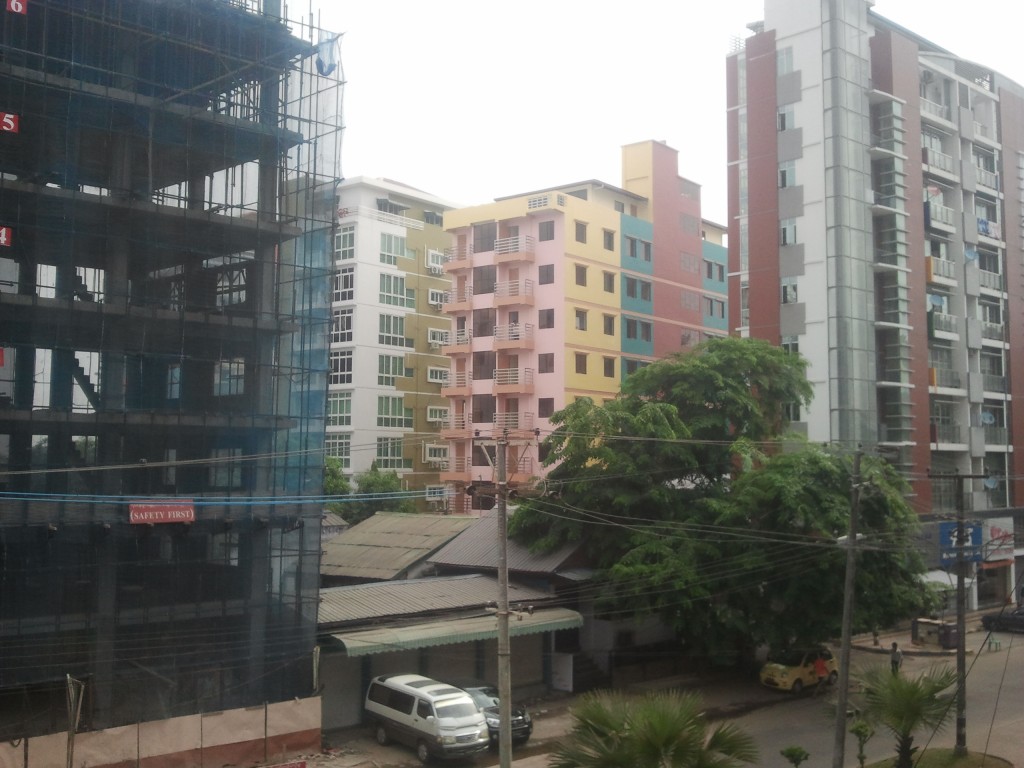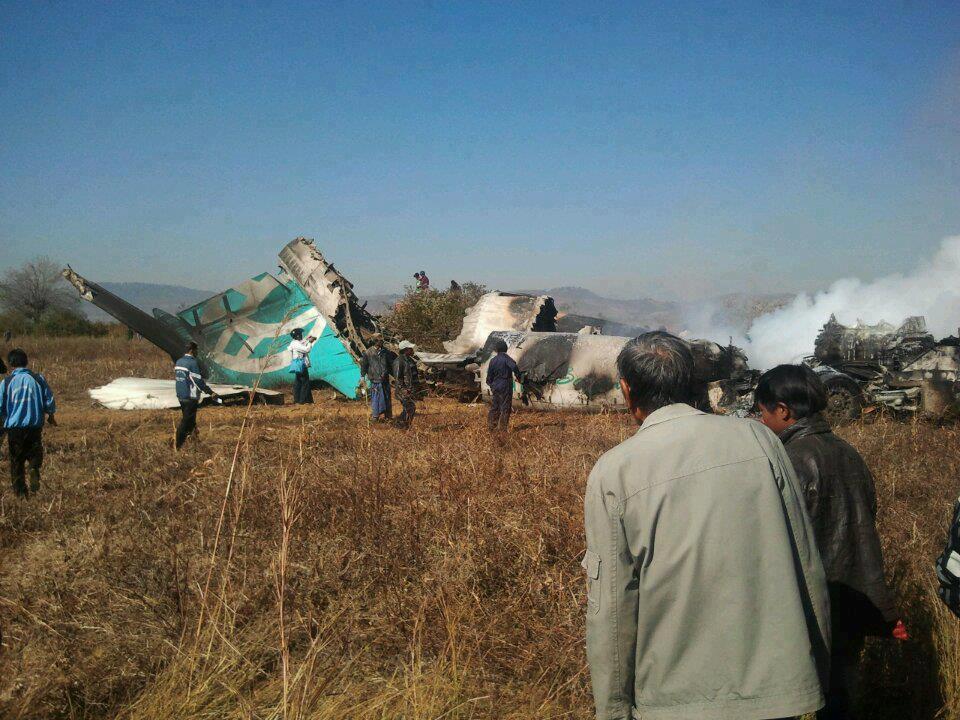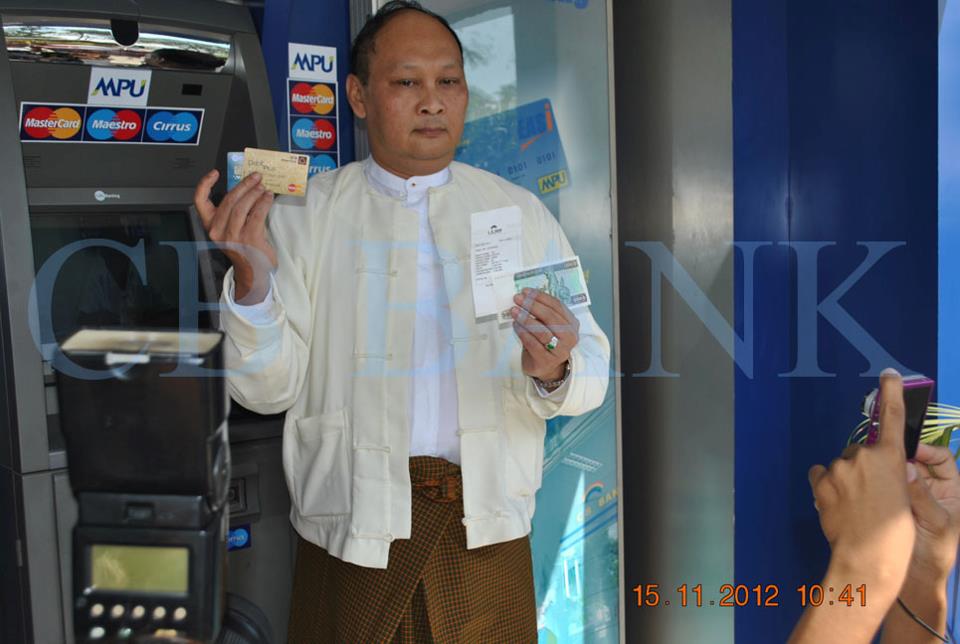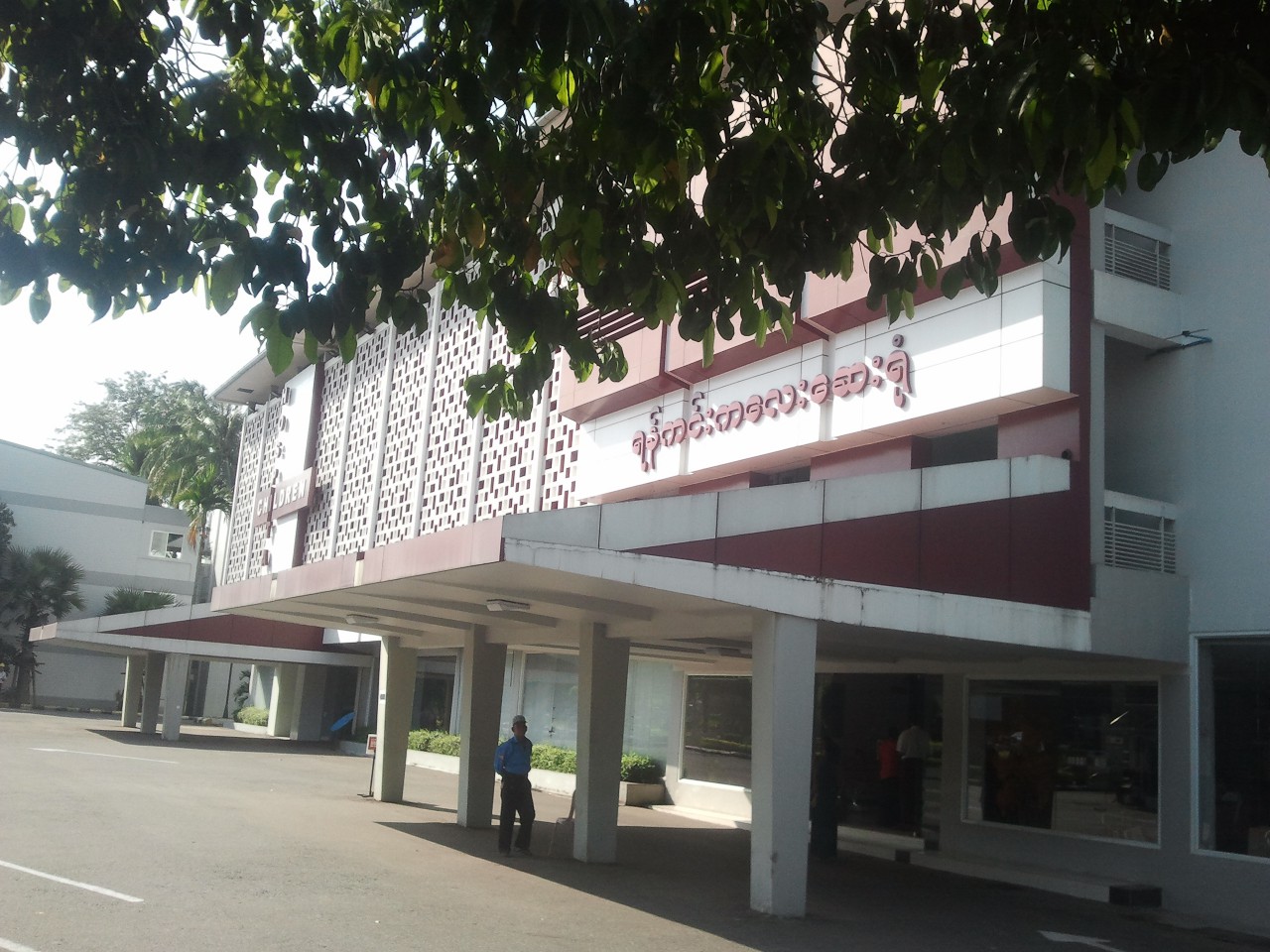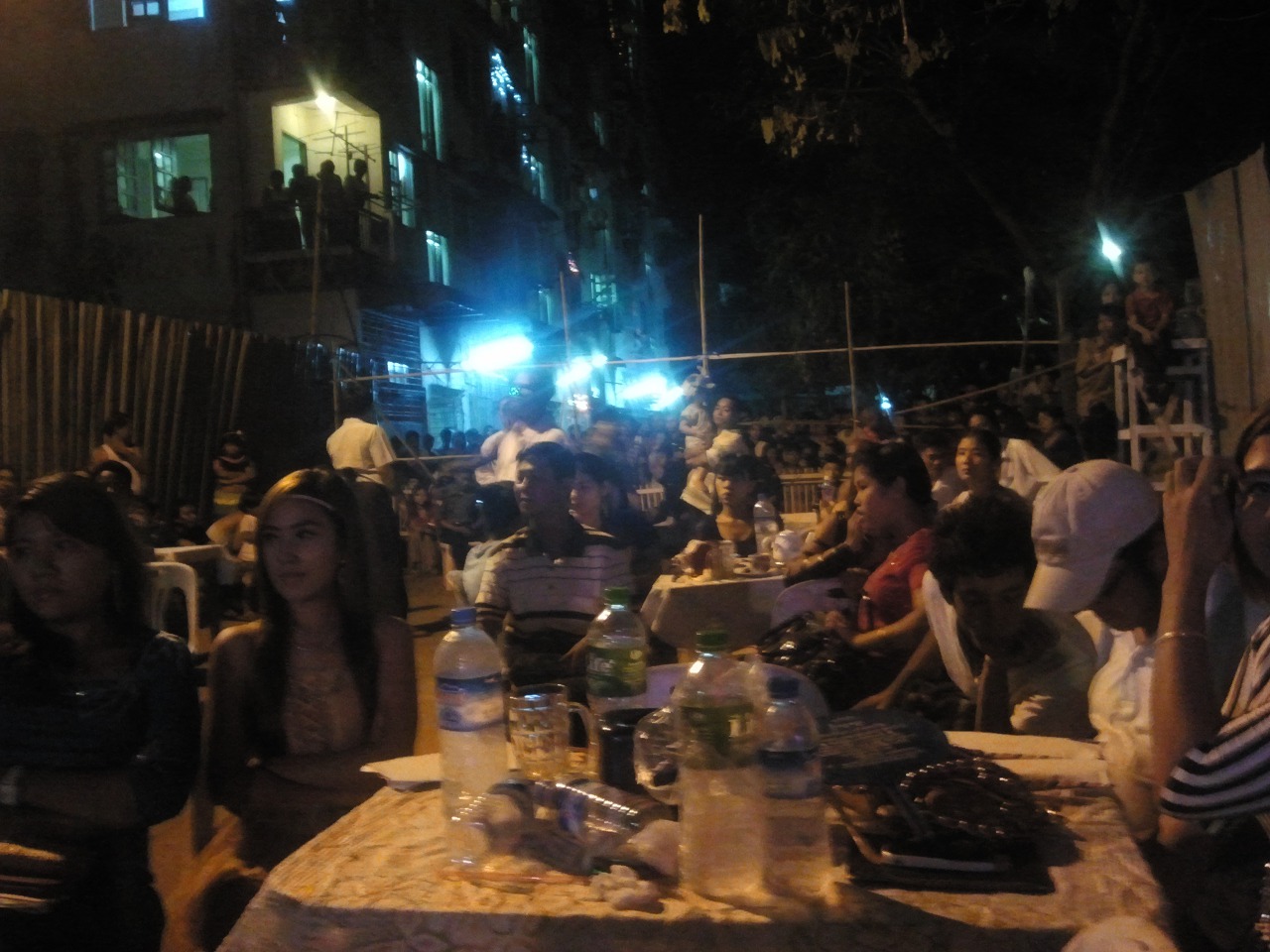I have been quite active extending my business network since my last article a couple months ago. Within a few months I expect to sustain my family with mostly Myanmar income.
One of the people I recently met was Jouni, who came from London to create the most innovative web agency in Myanmar. We plan to work together in the future, as we share the same technology background and have the same vision of excellence in IT.
Wishing for more congestion
As we were stuck in traffic jams, Jouni made the remark that Myanmar people will only try collective solutions after the individualistic ones have failed. As a consequence, we should wish for the city to be so clogged by car traffic (air pollution that not matter) that the leaders have no choice but to investigate those collective solutions. Traffic jams are very egalitarian, they afflict rich and poor the same.
City development & Environment
Yangon is suffering from anarchic construction. Everywhere, old trees, gardens and heritage buildings are being wiped to make room for ridiculously expensive condominiums that will remain empty since nobody can afford the prices asked.
There seems to be no will from public authorities to anticipate and improve the public infrastructure (roads, electricity, sewage system) before it is too late. With 30% more cars in the street every year, this is critical.
Personal behavior
Nouveau riche are showing off everywhere in Yangon, by building the biggest houses (complete with neoclassical columns), by purchasing the biggest and most wasteful cars (hummer for example), by gold-plating even walls. I know few wealthy people who behave low-profile and it is because they are hated enough that they do not want to be recognized in public.
The use of private security people is widespread, every door or window is protected by a steel grid, barbed wire lives at the top of every wall to protect from undesired exposure. How about trespassers, will they be shot on sight?
When purchasing the biggest cars some may be thinking that “in case of accident the other will die and not me”. The driving problems are made worse by the total disrespect for the driving rules, where everything is allowed to pass before the neighbor, at the cost of making the problem worse collectively (driving in one-way lane, doubling on right, use the turn-right-only lane to actually go straight). I find very funny that many cars proudly display a “drive safely” sticker.
Business attitude
Civil servants and private sector employees are underpaid, they do not get their share of growing economy. After all, only the “investor” is taking risk so they should reap all the reward. As consequence, corruption of policemen is widespread, public sector bleeds (especially in the medical staff) and private sector employees jump ship at first opportunity, as their employer show no consideration to them.
The same short-sighted mentality is also found in business relationships, where no investment is done by Myanmar party unless the foreign party pays for the feasibility study and pilot projects. “If they don’t pay all, we don’t go”. In western businesses it is expected that when researching new ventures everyone takes their share of investment if they want a share of future profits.
By not sharing control nor doing any investment, by trying to corner the markets as if they were still closed, Myanmar businesses are headed to painful times, as they won’t have fixed their competitiveness and productivity issues when efficient foreign competitors enter the market.
